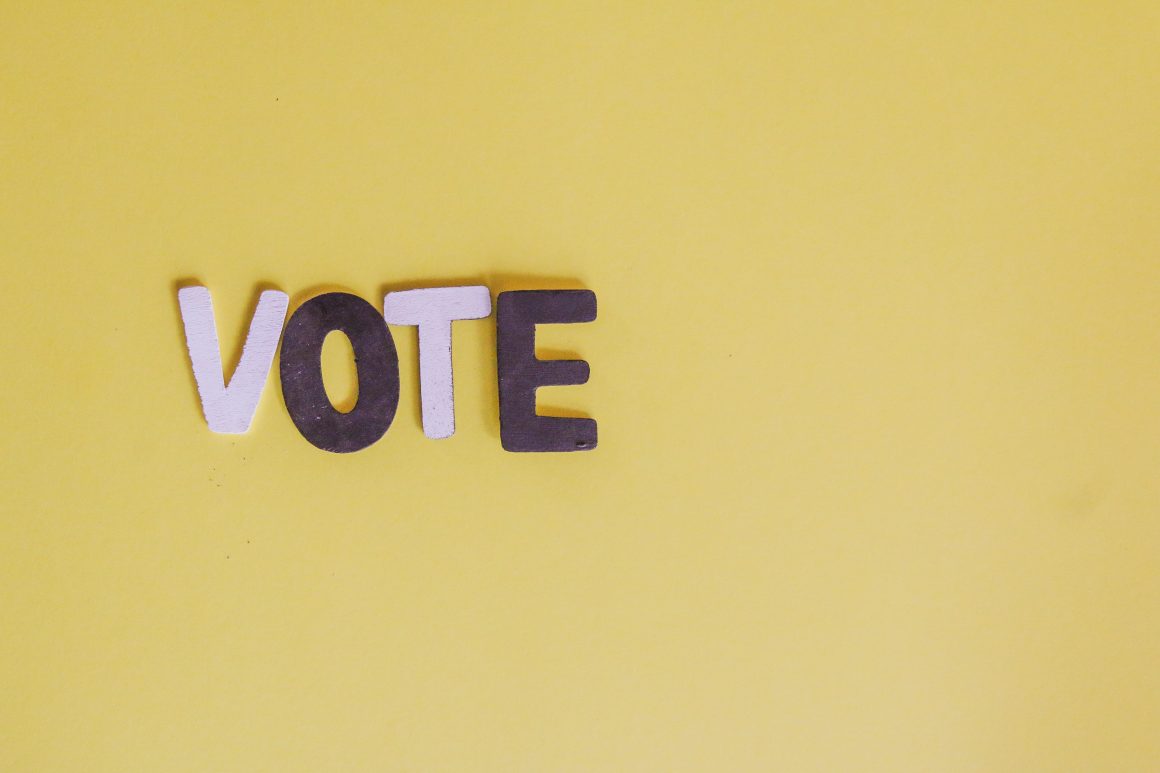
Federal election 2021: What students should know before heading to the polls
By Cristina Paolozzi, August 18 2021—
On Aug. 15, Justin Trudeau announced that the next federal election will take place on Sept. 20.
With a municipal election slated for Oct. 18, students will be headed back to campus amidst a flurry of political activity concerning who their future government leaders will be.
While the fall is usually a busy time for students, some students might feel lost or intimidated by the process of staying updated and informed alongside all the new information being distributed.
Marley Gillies, vice-president external at the Students’ Union (SU) and chair of the Canadian Alliance of Students’ Associations (CASA) spoke with the Gauntlet about what new and returning students can expect coming back to campus, as well as what issues to keep in mind when getting informed to vote.
CASA’s main role is to help facilitate mobilizing the student vote, and advocating for transparency and accessibility when it comes to on-campus voting.
“Our priority at this point is to just get students to vote, making sure that there’s a vote on campus option,” Gillies said. “With the time constraint and just how quickly this election is coming up, students really need to be prepared for that vote.”
In this federal election, Gillies says that while there are many issues students should be aware of through a post-secondary lens, none of these issues matter unless students make it out to vote.
“Students and CASA are looking for accessible, affordable and high-quality education whether that’s through work-integrated learning opportunities, through open educational resources or for specific mental health supports,” she said. “All of those things are of course our federal priority, but none of them matter unless students are voting.”
Gillies said that the number one challenge students are facing this election is access to polls. Part of the work CASA does is helping students become politically motivated to have their voices heard. However, at the University of Calgary, Gillies said the SU will be trying to get students interacting with candidates so they can pose important questions to their potential leaders.
“From U of C’s perspective, I think our priority is getting students face time with the candidates so that they can ask them what matters most to [them] as candidates and how do [they] see the future of post-secondary in Calgary, or Alberta or Canada — what can students be looking out for from you as a candidate or from the party you represent?” she said.
However, Gillies also stressed that when students are interacting with candidates, some important questions to keep in mind are to challenge candidates on when and where to vote as a student, and how they are encouraging young people to vote.
“I think this is a message that, in a snap election like this, we really want to be seeing,” said Gillies.
Gillies said that the SU is planning a “Get Out The Vote” campaign to encourage students to go to the polls. While these campaigns are usually on campus at the U of C during an election on any level, this campaign will be hosted alongside a “Get Out The Vote” municipal campaign and will be more condensed than others have been in the past.
“Obviously it will not be fully-fledged like some of the other ones were where we could prepare for them for four years,” Gillies said. “We didn’t know when we were going to need it, but we knew we were going to need it so it’s ready to go and students can expect to see that when they come to campus in September.”
Many components of the “Get Out The Vote” campaign will be virtual, and Gillies said the SU will be differing the messaging for both federal and municipal campaigns for students to receive information on both elections.
“There’s going to be some competing noise for sure, and the Students’ Union is going to do the best that we can to help students navigate that,” she said. “There will be some separate messaging and separate polling and all those different kinds of things that students will be able to, once it comes down to it, know what the difference is. But we want to be really clear when students come to campus in September that there are two elections coming up, they both matter and here’s what you need to know to be an active participant in both of them.”
Elections Calgary has recently made the decision not to use the “vote anywhere” polling stations on campus for the municipal election. While Gillies has been advocating against this decision, she is also attempting to ensure that Elections Canada doesn’t follow suit, saying that the “vote anywhere” stations are the difference between students voting and students not voting.
“We’re still in the process of talking with Elections Canada as to what the vote on campus is going to look like, because the election is coming up so quick, I’m honestly not sure what to expect,” she said. “We need to make [voting] as accessible as possible, especially in an election that’s coming up so quick — students are going to be blasted with noise and it’s such a busy time of year for students already coming up in September. So, it’s something that we’re on top of, but honestly not sure what it’s going to look like yet.”
